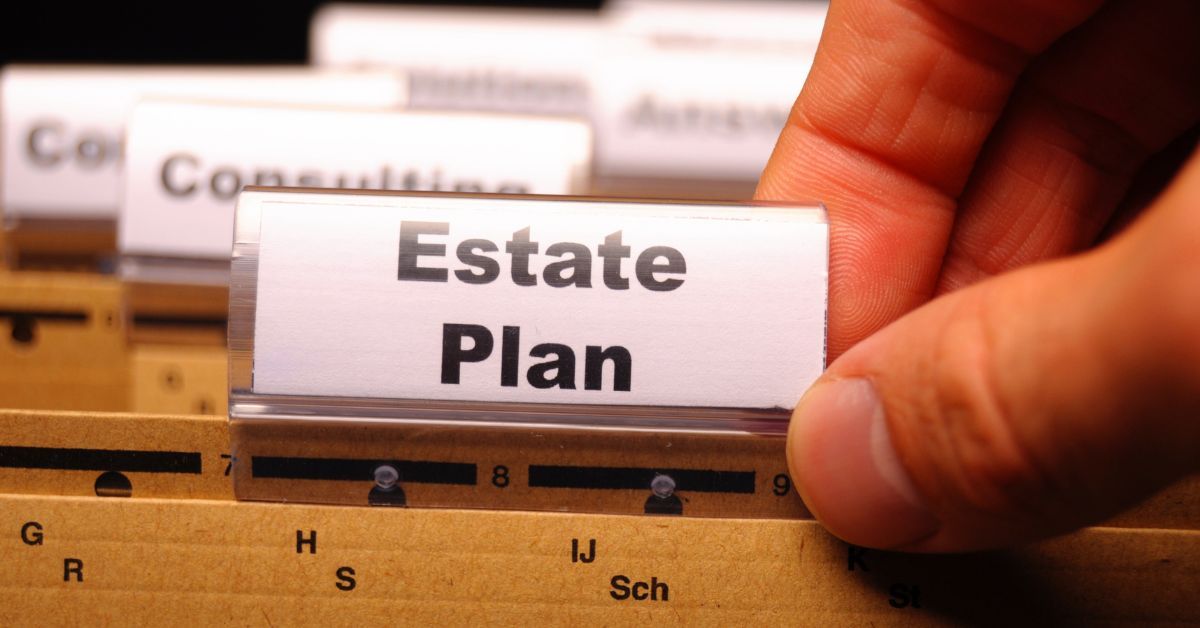Performing due diligence when purchasing a business
Performing due diligence for buying a business
The due diligence process for buying a business is extremely exciting and can open a world of financial possibilities. However, it also takes a lot of work; particularly regarding its internal operations (i.e. structure, established business model, intellectual property, target market, and more) before signing the business sales contract.
Due diligence process explained
Put simply, the due diligence period is the process of conducting thorough research into the business you plan to own. This ensures you understand the risks associated with company ownership. There are some important factors to keep in mind when performing due diligence to ensure you make the right decision.
How the existing established business is structured
The most common business structures include sole proprietorship, partnership, and limited liability corporation (LLC). The type you choose will depend largely on the type of business you're purchasing. In addition, the structure you choose directly impacts your business and tax obligations. Most importantly, the structure also determines the sales process you and the owner must follow.

Prior to purchasing, it's vital to know the business structure, so you know exactly what to expect. For instance, you may purchase half of a partnership. Or, you may be buying shares in a liability limited publicly-traded company or even part-ownership of an LLC. Understanding how these business types operate will ensure a smooth transition.
What is the existing business' history?
Another important aspect of due diligence investigation is understanding the business' history. While researching the company, you will need to find out information such as:
- How long has the business been in operating in professional standards legislation and legal proceedings?
- How many key employees did the business have?
- What is the employee benefits tax returns or employment contracts?
- How many owners has the business had?
- Who is its current owner? And;
- Does the business have any financial due diligence clause or outstanding liabilities and is litigation pending?
- What are the key assets, asset ownership, or business suitability?
- How does the business perform?
- Are there any similar businesses competing?
Failing to check may result in inheriting unwanted legal issues. So, remember to ask professional advice regarding the current owner for all accounts payable and receivable, income statements, and profit and loss statements. Also ensure you enquire about all utility accounts, current business loans, and other lines of credit.
Research existing contracts on intellectual property
Any existing business you purchase will have current valid contracts, binding contract, or supply contracts (i.e. with suppliers, technicians, freelance contractors, and others). Part of your due diligence in finding out whether these contracts will be transferred to you upon sale depending on how much money it cost. Once the sale is complete, all of these contracts are your responsibility. So, it is crucial to understand the details of each, as well as your rights and obligations before signing the contract of sale. It's very important to understand your obligations toward each existing client. The key reason for this is the profit you generate from them will keep the business running.
Who are the business' current employees?
Regular business operations must continue uninterrupted during the sale and transfer of the business you are buying. This is especially important if the company has current employees who you intend to keep on the payroll. If you plan to do this, get confirmation from the seller that the retention of current employees is part of the contract. If this is the case, ensure you understand employee rights and obligations, as stipulated in their contracts. This information will prove quite useful if you ever need to perform a business restructure and eliminate redundancy. It's also handy should you ever need to lessen your employee numbers (i.e. due to a decline in sales or falling profits, etc.).
What current lease arrangements are in place?
When researching a potential business purchase, your last act of due diligence is perhaps the most important. It is imperative that you understand whether there are current lease arrangements for the business premises. As part of most sales contracts, lease agreements are usually transferred via a deed of assignment to the new owner. After the sales process is complete, you must understand the terms of the lease on your building, office, or warehouse.
Generally speaking, existing leases do not have a stipulation allowing for term changes, even after ownership is transferred to a new party. So, before agreeing to the purchase terms, make sure you review all existing lease terms carefully. And, only if you are satisfied with these terms should you continue the transfer of ownership process.
Are there any warning signs to look out for?
The simple answer is: "yes". However, identifying these warning signs is now much easier thanks to thorough due diligence. Conducting due diligence will help you evaluate the risks and merits associated with the type of business you plan to buy. This process will require plenty of time and patience on your part. Yet, carefully reviewing all the pros and cons will ensure you make the right decision for you.

In spite of this careful study, there are some clear warning signs which will show you that a registered business name is not worth your time or money. We advise you to think twice if the seller does any of the following:
- They do not disclose the exact reason they are selling their registered business
- They are not forthright in providing you with: a valid business license and permit, any existing distribution agreements, client agreements, and lease agreements, and current key documents copy of income and profit and loss statements
- Decline to provide you with information about their contractors, suppliers, and estate agent
- Are currently involved in court proceedings
- Have a questionable credit record history or questionable purchase price, or;
- They persuade you to immediately deal quickly before giving you any of the above information.
It is important to note that this information should be freely given to any potential buyer. You should not have to ask the seller to provide it; it is part of their obligation.
Checklist for the business due diligence process
Performing due diligence and looking for any of the above warning signs is absolutely essential. However, the Queensland Government provides an added layer of protection through its comprehensive due diligence checklist for aspiring business buyers.
Some of the checklist features include tax and legal matters (i.e. physical assets valuation, government requirements, and stamp duty), financial statements, and sales information (including balance sheets, bank statements, and business records).
Other features include industry and business due diligence operation details (including seller training, procedure manuals, and industry deregulation) and business assets (i.e. cash, stock, and equipment). For the complete Due Diligence Checklist visit: (business.qld.gov.au/due-diligence-checklist).
Are you ready to take the plunge into business ownership? If so, contact KMB Legal today for comprehensive advice.





